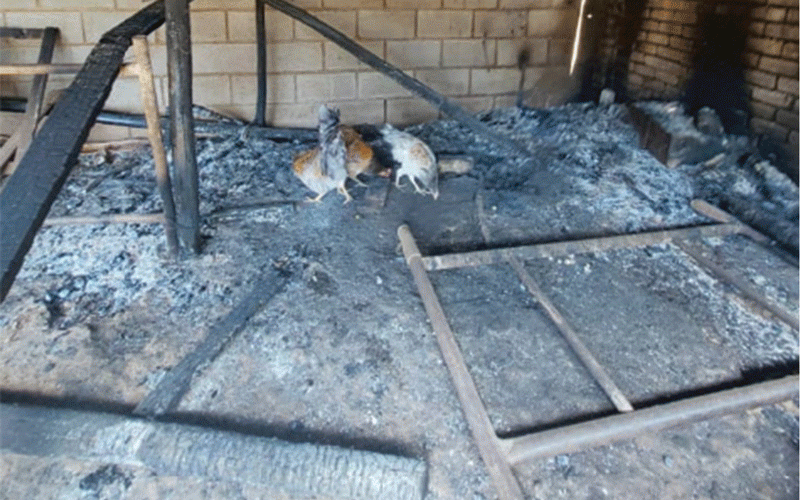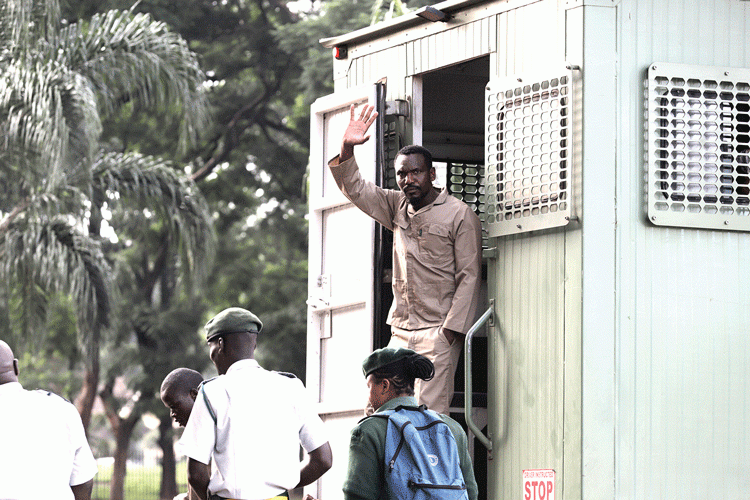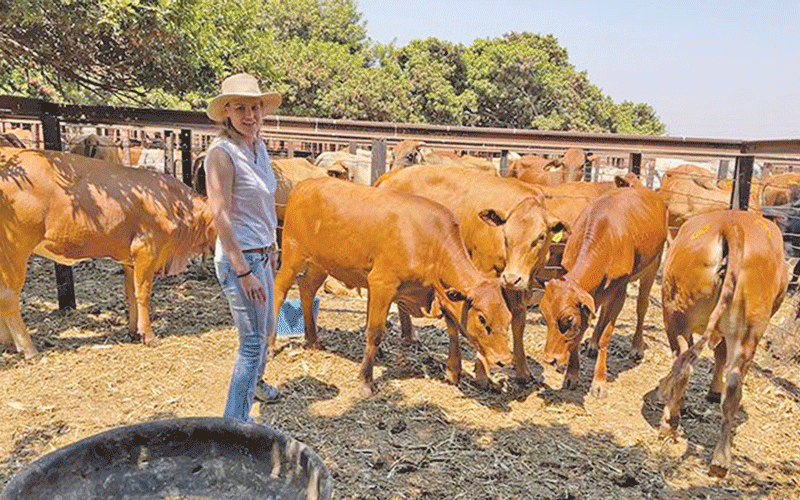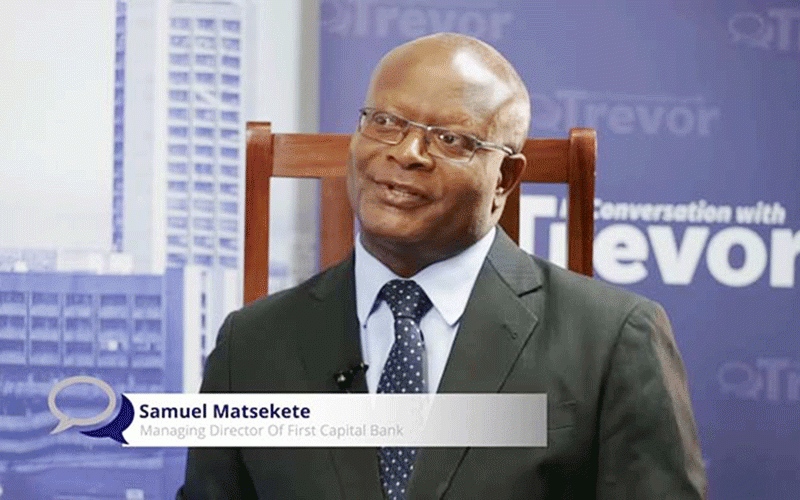THE Agricultural Marketing Authority (AMA) has urged livestock sector players to take advantage of vast opportunities in the Democratic Republic of Congo (DRC) to export their products to one of Africa's most populous nations.
Speaking after a joint business trip which included officials from ZimTrade, AMA chief executive officer, Clever Isaya said the DRC had limitless opportunities for livestock sector players.
“We had a team which was in Kinshasa last week to understand the market needs, create export synergies and engage the DRC market and understand its needs. What we realised is that there are massive opportunities in the country that our businesspeople can take advantage of,” he said.
“DRC is a net importer of goods and services. There are few manufacturing companies in DRC and the country relies heavily on imports. Most of the beef and poultry products are imported from South Africa, Zambia, India, New Zealand and Belgium. This means there is a huge opportunity for Zimbabwean products in light of the AfCFTA (African Continental Free Trade Area) which seeks to promote intra-African trade,” he added.
The AMA chief said several companies in Kinshasa had expressed interest in engaging local companies to export products to the DRC, provided they meet the required quality and can match or offer better prices compared to other countries.
Beef from India is currently landing in Kinshasa at: T-borne (US$15), beef steak (US$14), rear beef quarter (US$7,50) and beef quarter topside (US$7).
Keep Reading
- Zim headed for a political dead heat in 2023
- I don’t have depth: Bosso coach
- Record breaker Mpofu revisits difficult upbringing
- Tendo Electronics eyes Africa after TelOne deal
The trip was a follow up to engagements that have been made since 2021 when ZimTrade led a business delegation of beef and poultry farmers and AMA to Kinshasa to gather market intelligence to facilitate business-to-business engagements.
Speaking during the official opening of a trade mission in May, Zimbabwean ambassador to the DRC, Johannes Tomana said trade relations between the two countries provided the basis for more productive engagements.
“Zimbabwe and DRC enjoy strong political relations, which provides a good foundation for building stronger economic relations. Both countries are members of Sadc (Southern African Development Community) regional body which provides a platform for companies to trade duty-free and quota-free on a reciprocal basis on qualifying products,” Tomana said.
An official from the Zimbabwean embassy in the DRC, who requested anonymity, said the only way to appease the spirits of Zimbabweans who perished taking part in the 1998 DRC civil war was to invest in that country. DRC, whose population is five times bigger than Zimbabwe’s at nearly 90 million, is one of the biggest landmasses in Africa. The capital Kinshasa has a population of 15 million, almost equal to that of Zimbabwe, highlighting the country’s huge consumer base which Zimbabwean farmers and companies can take advantage of.
The country is endowed with vast mineral resources, but heavily relies on imports.





